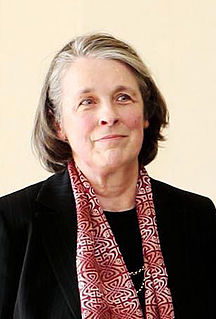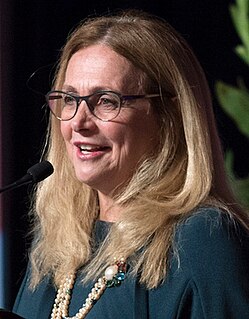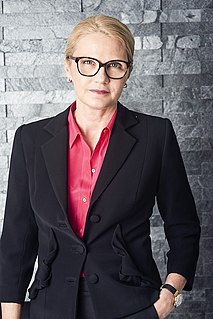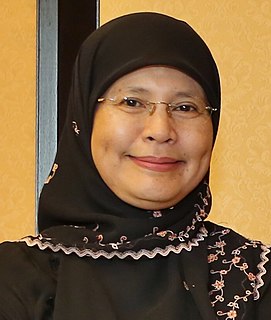Related Research Articles

The Politics of Pakistan takes place within the framework established by the constitution. The country is a federal parliamentary republic in which provincial governments enjoy a high degree of autonomy and residuary powers. Executive power is vested with the national cabinet which is headed by Prime Minister of Pakistan, who works coherently along with the bicameral parliament and the judicature. Stipulations set by the constitution provide a delicate check and balance of sharing powers between executive, legislative, and judicial branches of the government.

The Supreme Court of Canada is the highest court in the judicial system of Canada. It comprises nine justices, whose decisions are the ultimate application of Canadian law, and grants permission to between 40 and 75 litigants each year to appeal decisions rendered by provincial, territorial and federal appellate courts. The Supreme Court is bijural, hearing cases from two major legal traditions and bilingual, hearing cases in both official languages of Canada.
The Canadian order of precedence is a nominal and symbolic hierarchy of important positions within the governing institutions of Canada. It has no legal standing but is used to dictate ceremonial protocol.

The chief justice of Canada is the presiding judge of the nine-member Supreme Court of Canada, the highest judicial body in Canada. As such, the chief justice is the highest-ranking judge of the Canadian court system. The Supreme Court Act makes the chief justice, a Crown in Council appointment, meaning the Crown acting on the advice of the prime minister and minister of justice. The chief justice serves until they resign, turn 75 years old, die, or are removed from office for cause. By tradition, a new chief justice is chosen from among the court's incumbent puisne justices.
Jean Pelletier, was a Canadian politician who served as the 37th mayor of Quebec City, Chief of Staff in the Prime Minister's Office, and chairman of Via Rail. He was a leading organizer of the Liberal Party of Canada.

Ellen Louks Fairclough was a Canadian politician. A member of the House of Commons of Canada from 1950 to 1963, she was the first woman ever to serve in the Canadian Cabinet.
Claire L'Heureux-Dubé is a retired Canadian judge who served as a puisne justice on the Supreme Court of Canada from 1987 to 2002. She was the first woman from Quebec and the second woman appointed to this position, after Bertha Wilson. Previously, she had been one of the first woman lawyers to handle divorce cases, and was the first woman appointed as a judge to the Quebec Superior Court and the Quebec Court of Appeal.
The Superior Court of Quebec is a superior trial court in the Province of Quebec, in Canada. It consists of 157 judges who are appointed by the federal government. Appeals from this court are taken to the Quebec Court of Appeal.

The judicial officers of the Republic of Singapore work in the Supreme Court and the State Courts to hear and determine disputes between litigants in civil cases and, in criminal matters, to determine the liability of accused persons and their sentences if they are convicted.

Diane Lemieux is a politician, feminist and Quebec administrator.

Susan Jane Denham, SC is a retired Irish judge who served as Chief Justice of Ireland from 2011 to 2017, she was the first woman to hold the position. She served as a Judge of the Supreme Court from 1992 to 2017, and was the longest-serving member of the court on her retirement. She also served as a Judge of the High Court from 1991 to 1992.
Anne MacKenzie is a judge of the Court of Appeal of British Columbia since January 1, 2012. She previously served as the Associate Chief Justice of the Supreme Court of British Columbia. MacKenzie graduated with a Bachelor of Arts in 1973 followed by a Bachelor of Laws in 1977 from the University of British Columbia in Vancouver. She articled with the firm of Guild Yule and Company, and upon her call to the bar joined the offices of the Department of Justice.
Nicole Duval Hesler is the first woman chief justice of Quebec. She obtained a Bachelor of Arts from Marianopolis College in 1964. Duval Hesler was admitted to the Quebec Bar in 1968, appointed to the Superior Court of Quebec in 1992 and appointed to the Court of Appeal of Quebec in 2006. On October 7, 2011, Prime Minister Stephen Harper named Duval Hesler the chief justice of the Court of Appeal.

Richard Wagner is a Canadian jurist serving as the 18th and current chief justice of Canada since 2017. He previously served as a puisne justice of the Quebec Court of Appeal (2011–2012) and of the Supreme Court of Canada (2012–2017). For several months in 2021, following Julie Payette's resignation as Canada's governor general, Wagner was the administrator of the government of Canada as well as chief justice.

Sheilah L. Martin is a puisne justice of the Supreme Court of Canada, having served in that role since December 18, 2017. She was nominated to the court by Prime Minister Justin Trudeau on November 29, 2017. Before her appointment to Canada's highest court, Martin had served on the Court of Appeal of Alberta, the Court of Appeal for the Northwest Territories, and the Court of Appeal of Nunavut since 2016, and the Court of Queen's Bench of Alberta from 2005 to 2016. Martin is considered an expert in judicial ethics.

Dame Helen Diana Winkelmann is the 13th and current Chief Justice of New Zealand, having been sworn in on 14 March 2019. She is the second woman to hold the position, following her immediate predecessor, Sian Elias.

Tengku Maimun binti Tuan Mat is a Malaysian lawyer who has served as the 10th Chief Justice of Malaysia since May 2019. She is the first woman to ascend to the highest judicial office of the country.
Manon Savard is a Canadian jurist who has been Chief Justice of the Quebec Court of Appeal since June 2020.
Michelle O’Bonsawin is a Canadian judge who has served as a justice on the Ontario Superior Court of Justice since 2017. On August 19, 2022, Prime Minister Justin Trudeau nominated her to the Supreme Court of Canada to replace retiring Justice Michael Moldaver. O'Bonsawin would be the first Indigenous Canadian to sit on the country's highest court.
References
- ↑ "Prime Minister announces appointment of new Chief Justice of the Superior Court of Quebec". Prime Minister of Canada. June 6, 2022. Retrieved August 31, 2022.
- ↑ Quebec chief justice resigns after drunk driving charge. CBC News, August 19, 2004.[ dead link ]